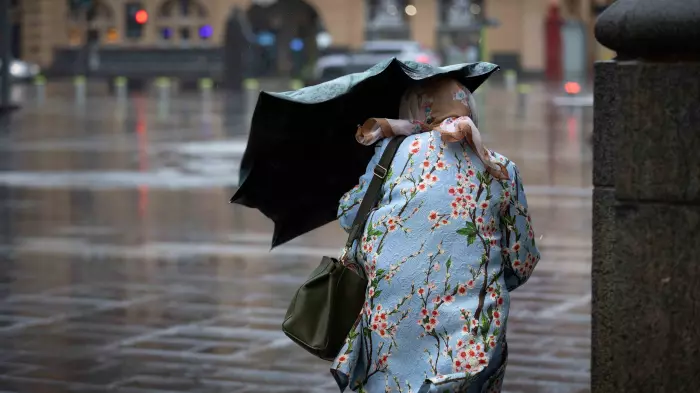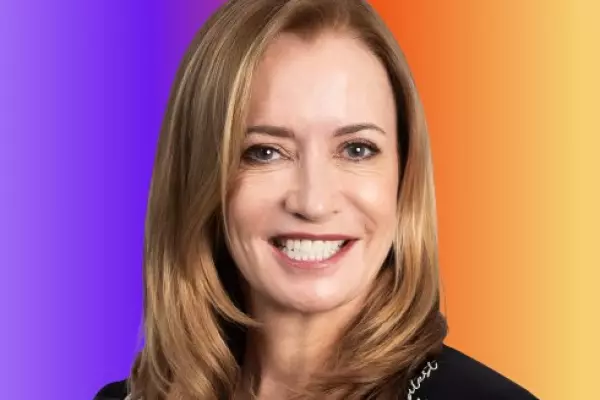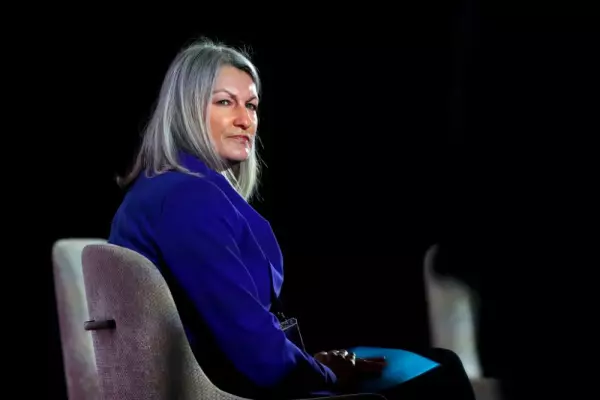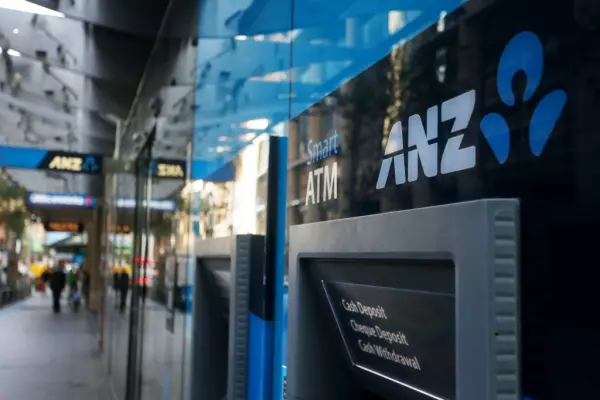BusinessDesk investments editor Frances Cook responds to emails from readers each week to answer questions about money. Below, you will find her expert advice. Send your own questions to [email protected].
Hi, Frances,
I am currently setting up my emergency fund account and was wondering if you have any suggestions on which bank and what accounts I should be using to make the most of my money.
I have been looking at Heartland Bank's Direct Call account. The interest is 2.4% per annum, but I am not sure if there is something else out there that is better than this. Any help will be much appreciated.
Kind regards,
R
Hi R,
Savers have had a raw deal until recently, so there are a few things to consider to make sure you’re getting a good deal on your savings.
Term deposit versus savings account
You could consider splitting your money across a regular savings account and a term deposit. It depends on how much you have saved.
If you have a smaller emergency fund of, say, $1000 just for life’s unexpected surprises, it should probably all go into a regular savings account that you can pull money out of at a moment’s notice.
However, if you have saved something like three months of your core living expenses, or even around six months, then you could put some of that money into a term deposit and get a little bit extra back on it.
A term deposit will require that you don’t touch the money for anywhere from 32 days to a year or more. But the upside is that they’ll pay you more for holding that money, as long as you don’t try to dip into it early.
You could take advantage of this by putting, say, a month or two of your living expenses into a standard savings account, in order to make sure that you have money on hand for life’s nasty surprises.
Then you could put the rest of your savings into a term deposit, so it’s still in a safe place that looks after your cash in the short term but gives you just a little bit more reward for it.
As I say, it’ll depend on how much cash you have in your savings, but it’s a strategy to consider.
Best savings accounts
So if you’re looking for the best savings account, which ones should you look at?
Canstar is a fantastic independent resource to let you compare current offers across different banks. You can use its savings accounts search engine here.
Its top results go to the Heartland Bank Direct Call account, currently offering 2.4%, BNZ’s Rapid Save, currently offering 2.3%, and TSB’s Premier Account, currently offering 2.15%.
After those accounts, it’s a quick drop on the interest offered, with a couple offering around 1% and many going even lower than that.
It’s also worth considering what you get back in terms of service, and how secure your money is.
Heartland Bank has won Canstar’s Bank of the Year Savings Award five years in a row. That’s… fairly impressive.
Canstar credits Heartland as regularly having some of the best savings account rates, as well as good products and customer service.
The only thing I would point out is that Heartland currently has a BBB credit rating. That’s not necessarily bad. It's officially considered to have “adequate capability to meet its financial commitments”; in other words, it's a legitimate company that nobody expects to keel over any time soon.
Some of the bigger banks do have a higher credit rating, though, and that may be worth keeping in mind if ratings are important to you.
Best term deposits
If you do have a little bit more in savings and would also like to consider a term deposit, Canstar also has a search engine to let you compare here.
Interestingly, between high inflation and our rapidly changing interest rates, right now there’s less benefit from term deposits than you would usually get.
If you’re only able to put your money in for three months or less, you might as well stick with the Heartland regular savings account. Many term deposits are currently paying out less, while still locking your money up for 90 days!
However, if you’re willing to lock your money away for four months or so, the term deposits start to make sense again, but currently only with Heartland.
Heartland is offering 3% for a four-month term deposit, while the next best option seems to be Unity's 1.95%.
There are also savings accounts that are similar to a term deposit; they let you withdraw your money if you give them advance notice of, say, 60 days or 90 days.
These are giving slightly better rates, including Heartland Bank’s Notice Saver 90 Days, offering 3.45%, Kiwibank’s Notice Saver 90 Days, 3.25%, and Rabobank’s Notice Saver 60 Days 2.9%.
This may change in the future, as interest rates even out and start behaving more normally again.
I hope this gives you plenty of options so you can find the one that works for you.
Savers haven’t been getting so much for their money in recent years, but challenger banks like Heartland, Kiwibank and Rabobank are doing a great job of taking on the big banks by offering quite competitive rates.
Send questions to [email protected] if you want to be featured in the column. Emails should be about 200 words, and we won't publish your name. Unfortunately, Frances is not able to respond to every email received, or offer individual financial advice.
Information in this column is general in nature, and should not be taken as individual financial advice. Frances Cook and BusinessDesk are not responsible for any loss a reader may suffer.















